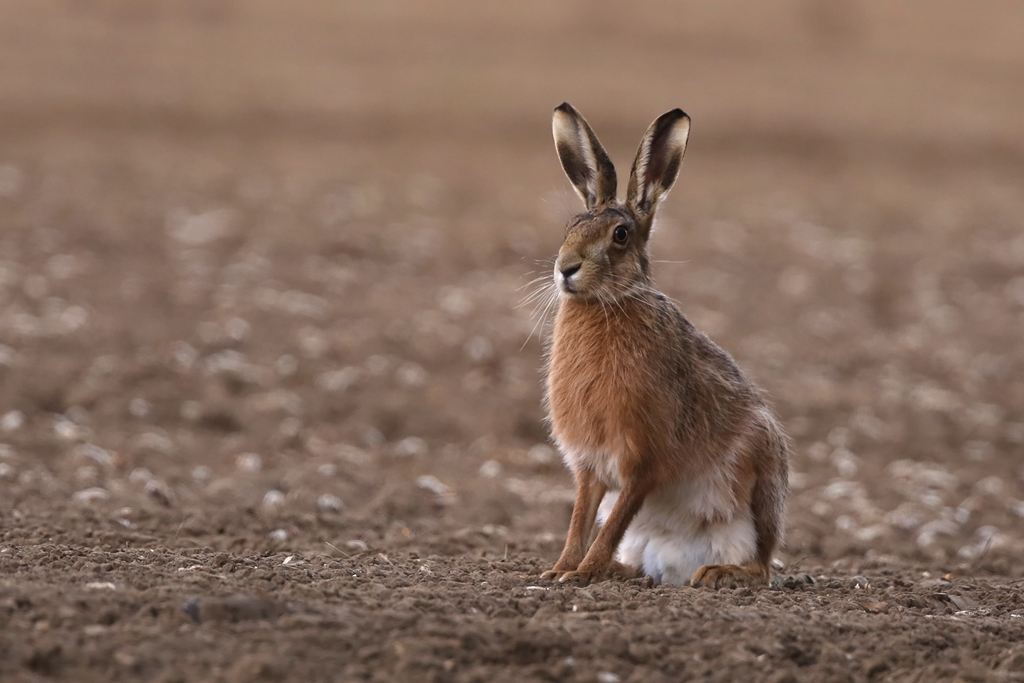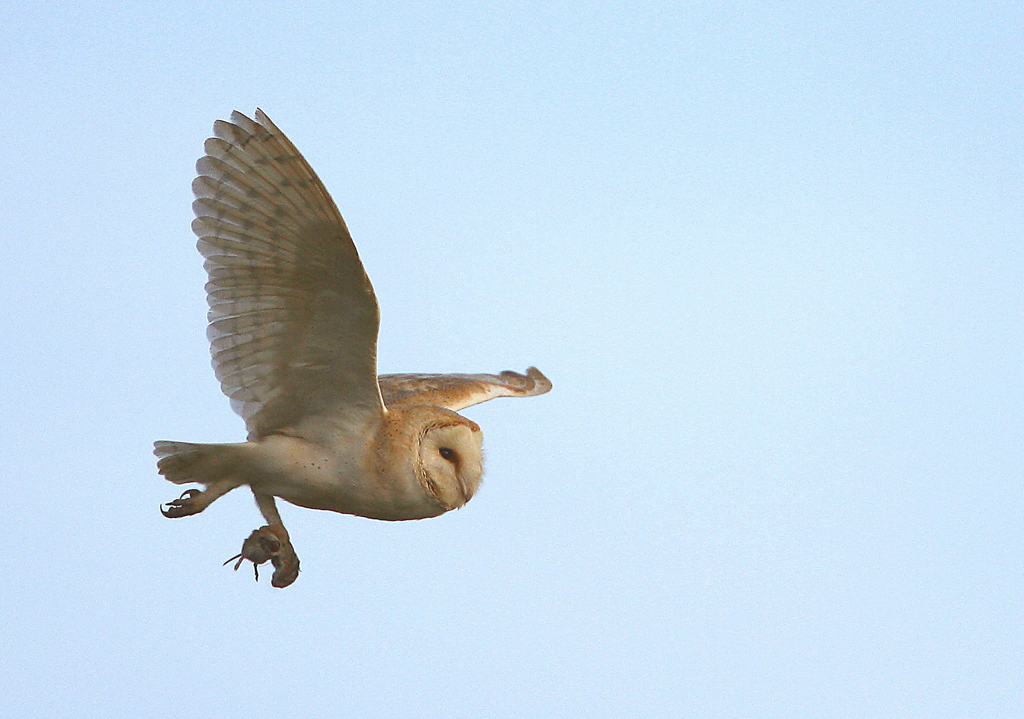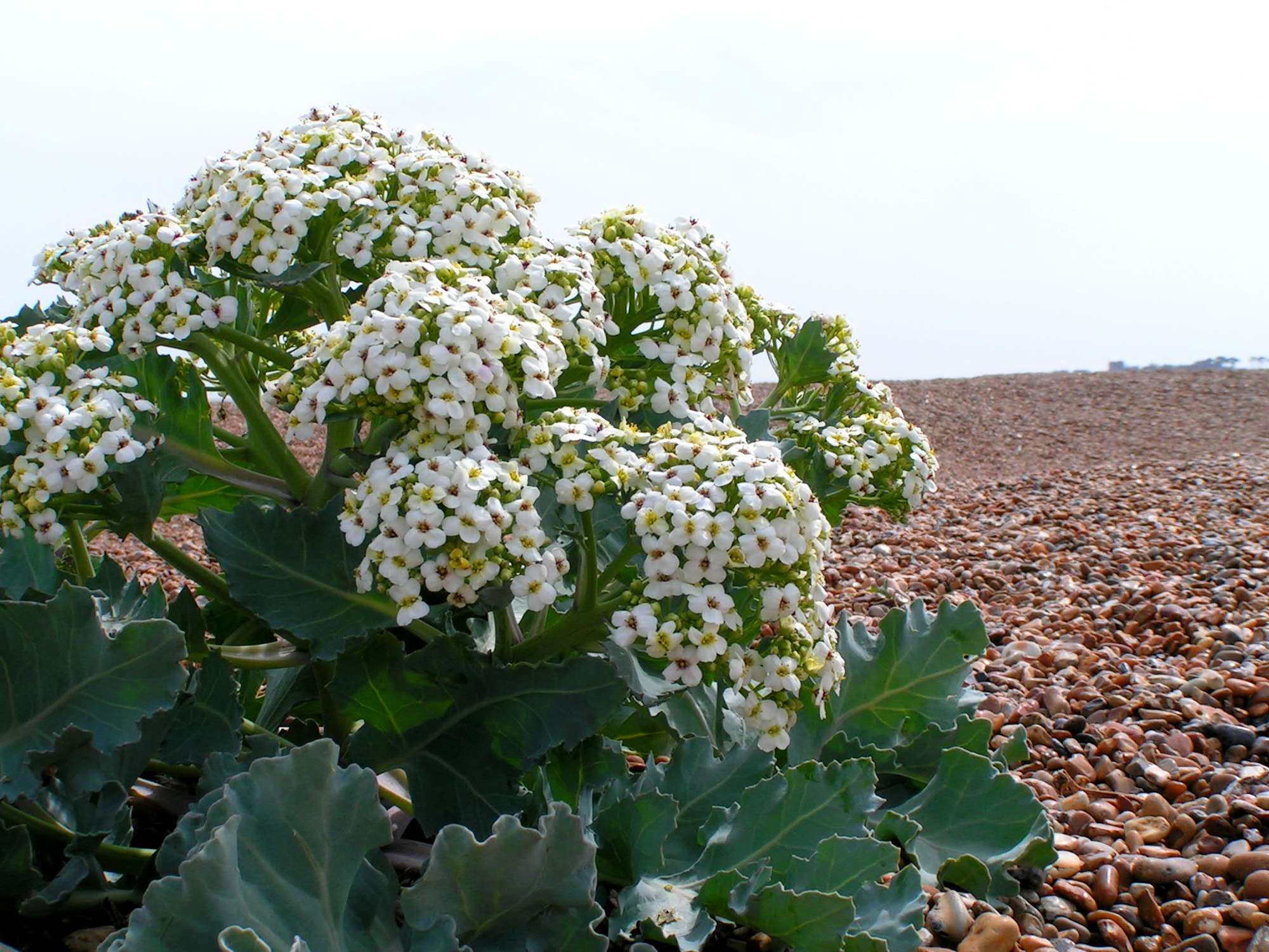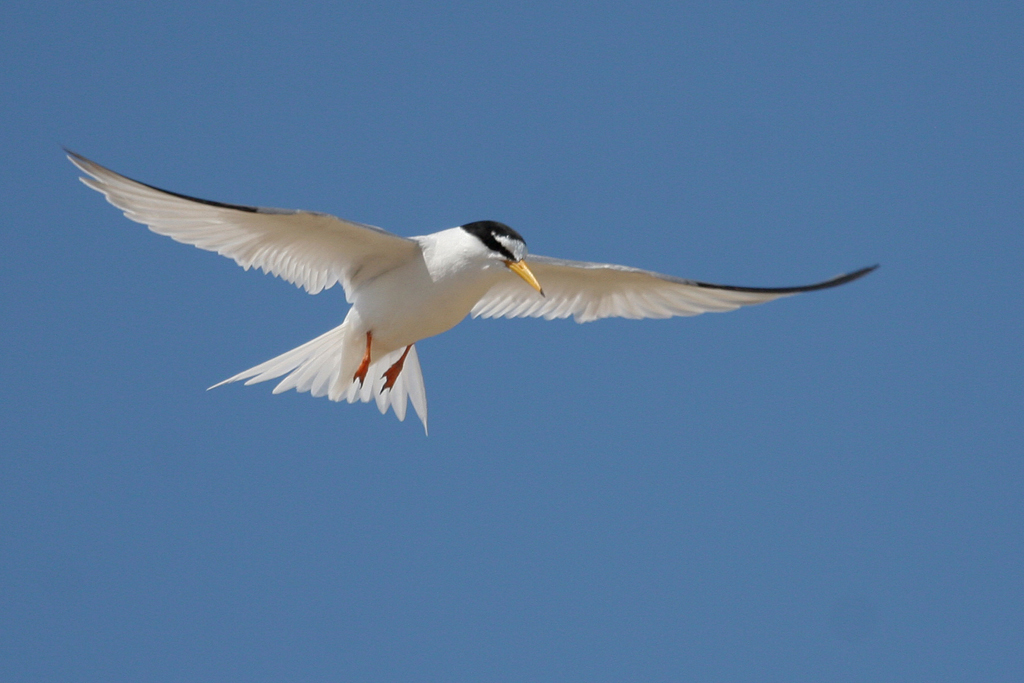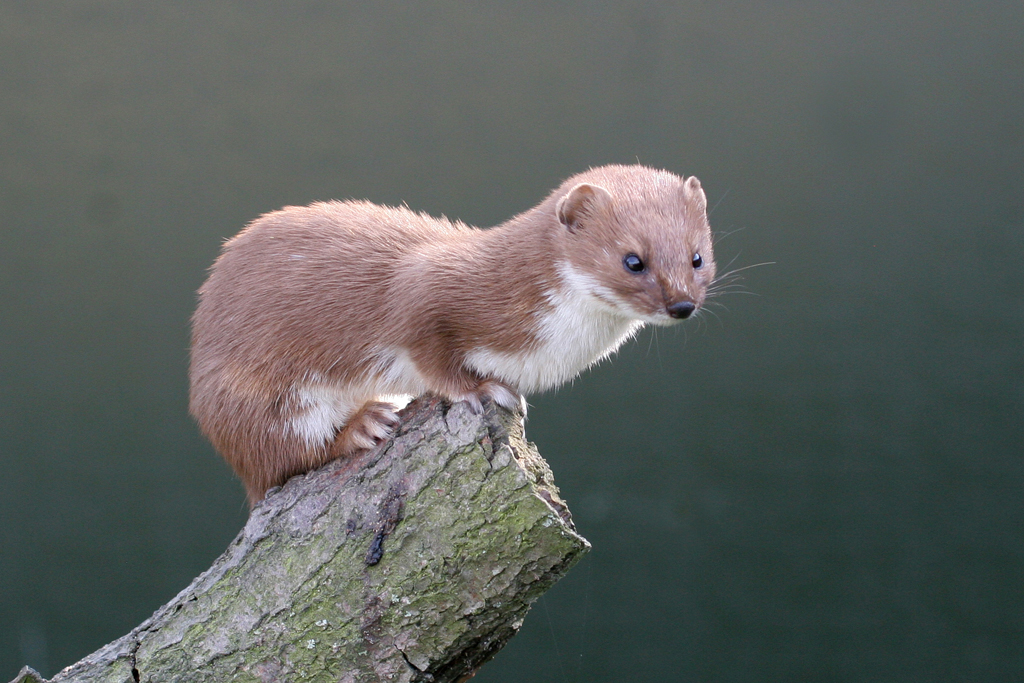I see that the Minsmere bird reserve is celebrating its 75th anniversary this year. Congratulations! It’s a haven for all kinds of wildlife, of course – some 6,000 different species at the last count – but its long history has been especially associated with one particular bird, the avocet, surely one of our most charismatic national species. Avocets are quite unmistakable. They’re tall, graceful wading birds, a picture of elegance with that pied black-and-white plumage – both bold and delicate at the same time, like fine porcelain. They have unusual upturned bills, which they swish from side to side, sifting the saline pools for small crustaceans and invertebrates, and they have those lovely long legs in an extraordinary shade of pale blue. Even the name sounds attractive. It’s derived from the Italian and sounds so much more elegant, as you might expect from the Italians, than the old English names of scoop-bill, clinker, yelper and barker. Avocets are impossible to miss if you are near a colony, since they keep up a chorus of soft fluting calls should you approach too close. In fact, if they think their chicks are threatened they can become quite aggressive and the avocets turn into exocets, dive-bombing the intruder.
Even if you’ve never seen a real avocet you must have seen an image of one, since they have long been the official RSPB logo and appear everywhere on their badges, signs and products. This was a very shrewd commercial choice by the RSPB, since not only are the birds beautiful to look at but they are also the perfect symbol of a great conservation success story. Avocets disappeared from Britain as a breeding species in the nineteenth century, as a consequence of human persecution and wetland drainage, but they miraculously reappeared in 1947 just after the end of the war, ironically returning to a habitat of flooded farmland and marshland which had been deliberately created as part of our coastal defences. They found their own way back to the Suffolk coast at two places: Minsmere, which is now the premier RSPB reserve in the country, and Havergate Island in the Ore estuary, where they bred successfully under conditions of high security (the RSPB even had a secret code name for the place – Zebra Island’). Since then avocets have spread along the East Anglian coast in suitable habitats, but they still need our protection in the breeding season, especially from uncontrolled dogs on the local seawalls – we had a tragic incident at Shingle Street a few years back. Let’s help preserve our avocets as a happy symbol of national recovery and regeneration – the return of a native.
Jeremy Mynott
11 May 2022




